Home>diy>Building & Construction>How Much To Build A Foundation
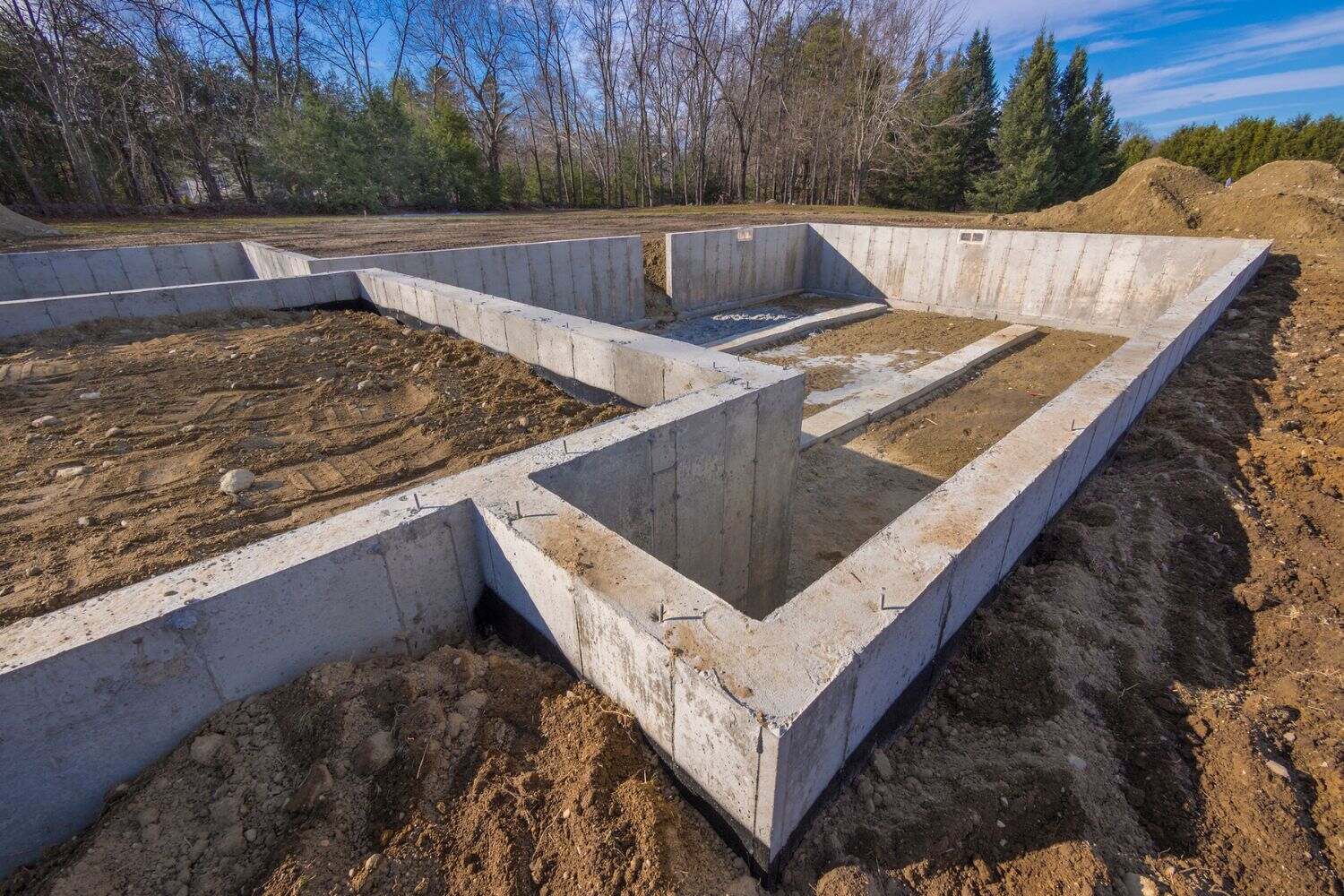

Building & Construction
How Much To Build A Foundation
Modified: January 31, 2024
Find out the cost of building a foundation in our comprehensive guide. Learn about the factors that influence the price of building construction projects.
(Many of the links in this article redirect to a specific reviewed product. Your purchase of these products through affiliate links helps to generate commission for Storables.com, at no extra cost. Learn more)
Introduction
Building a solid foundation is crucial for any construction project. Whether it’s a small residential house or a large commercial building, the foundation serves as the backbone, providing stability and support for the entire structure. The cost of building a foundation can vary significantly depending on various factors such as the size of the project, the type of soil, the type of foundation, and the cost of materials and labor.
Before embarking on a construction project, it is important to have a clear understanding of the factors that can influence the cost of building a foundation. This will help you plan your budget accordingly and avoid any unexpected financial setbacks along the way.
In this article, we will explore the key factors that contribute to the overall cost of building a foundation. We will discuss the importance of soil analysis, the different types of foundations, and the various costs involved in excavation, materials, labor, and additional expenses. By the end of this article, you will have a better understanding of how much it typically costs to build a foundation.
Key Takeaways:
- Building a solid foundation involves various factors such as soil analysis, foundation types, excavation costs, and materials/labor expenses. Thorough planning and budgeting are essential for a successful construction project.
- Conducting comprehensive soil analysis is crucial for determining the appropriate foundation type and design. Factors such as excavation, materials, labor, and additional costs must be carefully considered to ensure a stable and cost-effective foundation construction.
Factors to Consider
When determining the cost of building a foundation, there are several important factors that need to be considered. These factors can vary depending on the specific project and location. Let’s take a closer look at some of the key factors:
- Size of the project: One of the primary factors that influence the cost of building a foundation is the size of the project. Larger projects will require more excavation and materials, which can significantly increase the overall cost.
- Type of soil: Soil composition plays a vital role in determining the foundation type and the associated costs. Different types of soil have varying load-bearing capacities, which can affect the design and depth of the foundation required. Conducting a soil analysis is crucial to assess the soil’s properties and determine the appropriate foundation type.
- Foundation type: There are various types of foundations available, each with its own advantages and cost implications. Common types include slab-on-grade, crawl space, and basement foundations. The choice of foundation type will depend on factors such as the soil conditions, local building codes, and personal preferences.
- Access to the site: The accessibility of the construction site is another factor that can impact the cost of building a foundation. Projects located in remote or difficult-to-reach areas may require additional equipment or transportation, which can result in higher expenses.
- Regulatory requirements: Local building codes and regulations need to be taken into account when estimating foundation costs. Compliance with these requirements may involve additional expenses for permits, inspections, and compatibility with specific building standards.
- Architectural design: The complexity of the architectural design can also affect the foundation cost. Unique or unconventional designs may require specialized engineering and construction techniques, which can add to the overall expenses.
By carefully considering these factors, you can better anticipate the cost of building a foundation and ensure that your construction project stays within budget. It is advisable to consult with a professional architect or contractor who can provide accurate cost estimates based on these factors and specific project requirements.
Soil Analysis
Before commencing any construction project, conducting a thorough soil analysis is essential. The soil composition of a site has a significant impact on the design and cost of the foundation. Understanding the soil’s properties helps engineers determine the appropriate foundation type and design to ensure the structure’s stability and durability.
Soil analysis involves testing the soil for its composition, strength, moisture content, and load-bearing capacity. This information is then used to assess the soil’s behavior under different conditions and to make informed decisions about the foundation design.
Several tests are commonly conducted as part of a soil analysis:
- Visual Site Inspection: Engineers visually inspect the site to look for signs of potential issues such as slope instability, presence of fill material, or the risk of erosion. This information helps in determining the appropriate foundation design.
- Boring and Sampling: Soil samples are obtained by drilling boreholes at various depths. These samples are then analyzed in the laboratory to determine the soil’s physical and chemical properties.
- Soil Classification: The soil samples are classified according to their composition, including factors such as particle size, mineral content, and consistency. This classification helps engineers understand how the soil will behave under different loads and conditions.
- Compaction Testing: Compaction tests assess the soil’s ability to bear the weight of the structure. Engineers measure the soil’s density and compare it to the maximum allowable value to ensure that the soil can adequately support the foundation.
- Shear Strength Testing: Shear strength tests determine the soil’s resistance to sliding or failure. This information is crucial in designing foundations that can withstand lateral forces, such as those caused by earthquakes or high winds.
Based on the results of the soil analysis, engineers can determine the appropriate foundation type and depth. For example, if the soil has a low load-bearing capacity, a deeper foundation may be required to distribute the weight of the structure more effectively.
It is worth noting that the cost of conducting a soil analysis is relatively small compared to the potential cost implications of a poorly designed foundation. Investing in a comprehensive soil analysis at the beginning of a construction project can help avoid costly mistakes and ensure the long-term stability and safety of the structure.
Foundation Types
When it comes to building a foundation, there are several types to consider, each with its own advantages and cost implications. The choice of foundation type depends on factors such as soil conditions, local building codes, and the specific requirements of the project. Let’s explore some common foundation types:
- Slab-on-Grade: A slab-on-grade foundation is a popular choice for residential and light commercial buildings. It consists of a concrete slab poured directly on the ground. This type of foundation is cost-effective, as it requires minimal excavation and materials. However, it may not be suitable for areas with expansive clay soils or high water tables.
- Crawl Space: A crawl space foundation involves raising the building slightly off the ground, creating a space between the ground and the bottom of the structure. This foundation type provides easy access to plumbing and electrical systems. However, it requires more materials and labor compared to a slab-on-grade foundation.
- Basement: A basement foundation provides additional living or storage space below ground level. It offers the benefit of added square footage and can increase the property’s value. However, building a basement foundation is typically more expensive due to the excavation and waterproofing requirements.
- Pile: Pile foundations are used in areas with unstable soil conditions or high water tables. This type of foundation involves driving long, slender columns (piles) into the ground to support the structure’s weight. Pile foundations can be more costly due to the specialized equipment and materials required.
- Deep Foundation: Deep foundations are used when the soil near the surface is unable to support the structure’s load. These foundations involve drilling deep into the ground and pouring concrete or installing steel beams to provide support. Deep foundations are typically more expensive and time-consuming compared to shallow foundations.
Each foundation type has its advantages and disadvantages. It is important to work with a structural engineer or foundation specialist to determine the most suitable foundation type based on the project’s requirements and the soil conditions of the site. They can provide expert advice and ensure that the chosen foundation type meets both structural and budgetary considerations.
Get multiple quotes from different contractors to compare costs and ensure you’re getting a fair price for building a foundation. Research the average cost in your area to have a better understanding of what to expect.
Cost of Excavation
Excavation plays a crucial role in the construction of a foundation as it involves the removal of soil to create a space for the foundation to be laid. The cost of excavation can vary depending on factors such as the size and depth of the excavation, soil conditions, accessibility, and the presence of any obstructions. Let’s explore the different aspects that contribute to the overall cost of excavation:
- Site Preparation: Before excavation can begin, the site needs to be prepared by clearing any vegetation, removing debris, and leveling the ground. This process ensures a smooth and safe working environment for the excavation crew. The cost of site preparation can vary based on the size and condition of the site.
- Excavation Equipment: Excavation requires the use of specialized equipment such as excavators, backhoes, and bulldozers. The cost of equipment rental or purchase can vary depending on the size and capabilities of the machinery required for the specific excavation project.
- Time and Labor: The time and labor required for excavation can significantly impact the cost. The complexity of the excavation, soil conditions, and the presence of any underground utilities or obstructions can influence the duration and manpower needed for the excavation process.
- Depth and Volume: The depth and volume of the excavation will also contribute to the cost. Deeper and larger excavations require more time, labor, and equipment, increasing the overall cost of the project.
- Soil Disposal: Excavation often results in a significant amount of soil being removed from the site. The cost of soil disposal or transportation to a designated location should be considered in the overall budget. The type of soil and any required environmental regulations can impact the cost of soil disposal.
- Site Access: The accessibility of the construction site can also affect the cost of excavation. Sites located in tight or hard-to-reach areas may require additional effort and specialized equipment to complete the excavation process. This can result in higher costs.
It is important to work with an experienced excavation contractor who can accurately assess the requirements of the project and provide a detailed cost estimate. They will consider factors such as site conditions, soil composition, and project specifications to determine the most cost-effective and efficient approach to excavation.
By carefully evaluating these factors and working closely with the excavation contractor, you can ensure that the cost of excavation is accounted for in your overall construction budget, avoiding any unexpected expenses along the way.
Read more: How Much To Build A Basement Foundation
Materials and Labor Costs
When estimating the cost of building a foundation, it is important to consider the expenses related to materials and labor. These costs can vary depending on the size of the project, the type of foundation, and the local market conditions. Let’s take a closer look at these two components:
Materials: The materials required for building a foundation can include concrete, rebar, forms, waterproofing membranes, drainage systems, and gravel. The cost of materials can vary based on factors such as the quality of materials, project specifications, and the quantities needed. It is advisable to obtain multiple quotes from different suppliers to ensure competitive pricing.
Labor: The labor cost for building a foundation depends on the complexity of the project, the size of the crew, and the local labor rates. Excavation, foundation layout, formwork construction, reinforcement installation, and concrete pouring are some of the tasks that require skilled labor. Labor costs may also include additional expenses such as insurance, permits, and overhead costs for the construction company.
It is worth noting that labor costs can vary significantly depending on the region. Labor rates in urban areas or regions with high demand for construction services may be higher compared to rural areas. It is important to research local labor rates and engage reputable contractors who offer competitive pricing while maintaining excellent quality.
When estimating the cost of materials and labor, it is recommended to consult with professionals such as architects, engineers, or contractors who have experience in foundation construction. They can provide accurate estimations based on project specifications, local market rates, and their expertise in the construction industry.
In addition to materials and labor, it is important to consider factors such as project management, permits, and any additional costs that may arise during the construction process. Careful planning and budgeting for these expenses will help ensure that the overall cost of building a foundation is well-managed and within your budgetary constraints.
Additional Costs
When budgeting for a foundation construction project, it is essential to take into account additional costs that may arise during the process. These costs can vary depending on various factors such as the project scope, site conditions, and specific requirements. Let’s explore some common additional costs to consider:
- Permits and Inspections: Before starting the foundation construction, it is important to obtain the necessary permits from local authorities. The cost of permits can differ based on the jurisdiction and the size of the project. Additionally, inspections may be required at various stages of the construction process, which may incur additional fees.
- Site Preparation: Site preparation costs include activities such as grading, clearing vegetation, and removing debris. These tasks are essential to ensure a clean and suitable construction site. The cost of site preparation can depend on the size and condition of the site.
- Utilities: Temporary utilities, such as water, electricity, and sanitation, may need to be installed during the foundation construction. These utilities are necessary to support the construction activities and the workers on-site. The cost of temporary utilities should be factored into the overall budget.
- Proximity to Underground Utilities: Before excavation begins, it is crucial to locate and identify any existing underground utilities, such as gas lines, water pipes, or electrical cables. The cost of utility locating services or potential adjustments to avoid damaging these utilities should be considered.
- Contingency: It is always prudent to allocate a contingency fund for unforeseen circumstances or unexpected expenses that may arise during the construction process. A contingency fund typically accounts for around 5-10% of the total project cost and provides a safety net for any unexpected costs or changes in the project scope.
- Insurance: It is important to ensure that the construction site and workers are adequately insured. The cost of insurance will depend on factors such as the project size, location, and the specific coverage required. Insurance provides protection in case of accidents, damages, or liability claims.
By accounting for these additional costs in your budget, you can avoid financial surprises during the construction process. Working with a qualified contractor or construction professional who understands the local regulations and requirements will help in accurately estimating these costs and ensuring that they are appropriately accounted for from the outset of the project.
Remember to regularly review your budget and make adjustments as necessary to accommodate any changes or unforeseen expenses that may arise during construction. Proper planning and diligent management of these additional costs will contribute to a smooth and successful foundation construction project.
Conclusion
Building a strong and reliable foundation is crucial for the success and longevity of any construction project. However, determining the cost of building a foundation requires careful consideration of various factors. By understanding the importance of soil analysis, exploring different foundation types, estimating the cost of excavation, materials, labor, and accounting for additional expenses, you can better plan and budget for your foundation construction project.
Soil analysis plays a vital role in determining the appropriate foundation type and design. Conducting comprehensive soil tests can help engineers understand the soil’s composition, load-bearing capacity, and behavior under different conditions. This information is invaluable in ensuring a stable and durable foundation.
There are several foundation types to consider, including slab-on-grade, crawl space, basement, pile, and deep foundations. Each option has its own benefits and cost implications, and the choice depends on factors such as soil conditions, local regulations, and project requirements.
The cost of excavation must be factored into the foundation construction budget. Factors such as site preparation, equipment rental, labor, and soil disposal contribute to the overall excavation cost. Working with experienced excavation contractors can help ensure accurate cost estimation and efficient project execution.
When estimating the cost of building a foundation, it is essential to consider materials and labor expenses. The cost of materials can vary based on quality, quantity, and market conditions, while labor costs depend on project complexity, crew size, and local labor rates. Consulting with professionals can provide accurate estimations and ensure cost-effective choices.
Additionally, it is crucial to account for additional costs such as permits, inspections, site preparation, temporary utilities, proximity to underground utilities, contingency funds, and insurance. Proper budgeting and planning for these additional costs will help prevent financial surprises and ensure a smooth construction process.
In conclusion, by considering all the factors involved in building a foundation, conducting thorough research, and consulting with qualified professionals, you can estimate and allocate the appropriate budget for your foundation construction project. This careful planning will contribute to a successful and well-executed construction project, providing a solid foundation for your structure’s future.
Frequently Asked Questions about How Much To Build A Foundation
Was this page helpful?
At Storables.com, we guarantee accurate and reliable information. Our content, validated by Expert Board Contributors, is crafted following stringent Editorial Policies. We're committed to providing you with well-researched, expert-backed insights for all your informational needs.
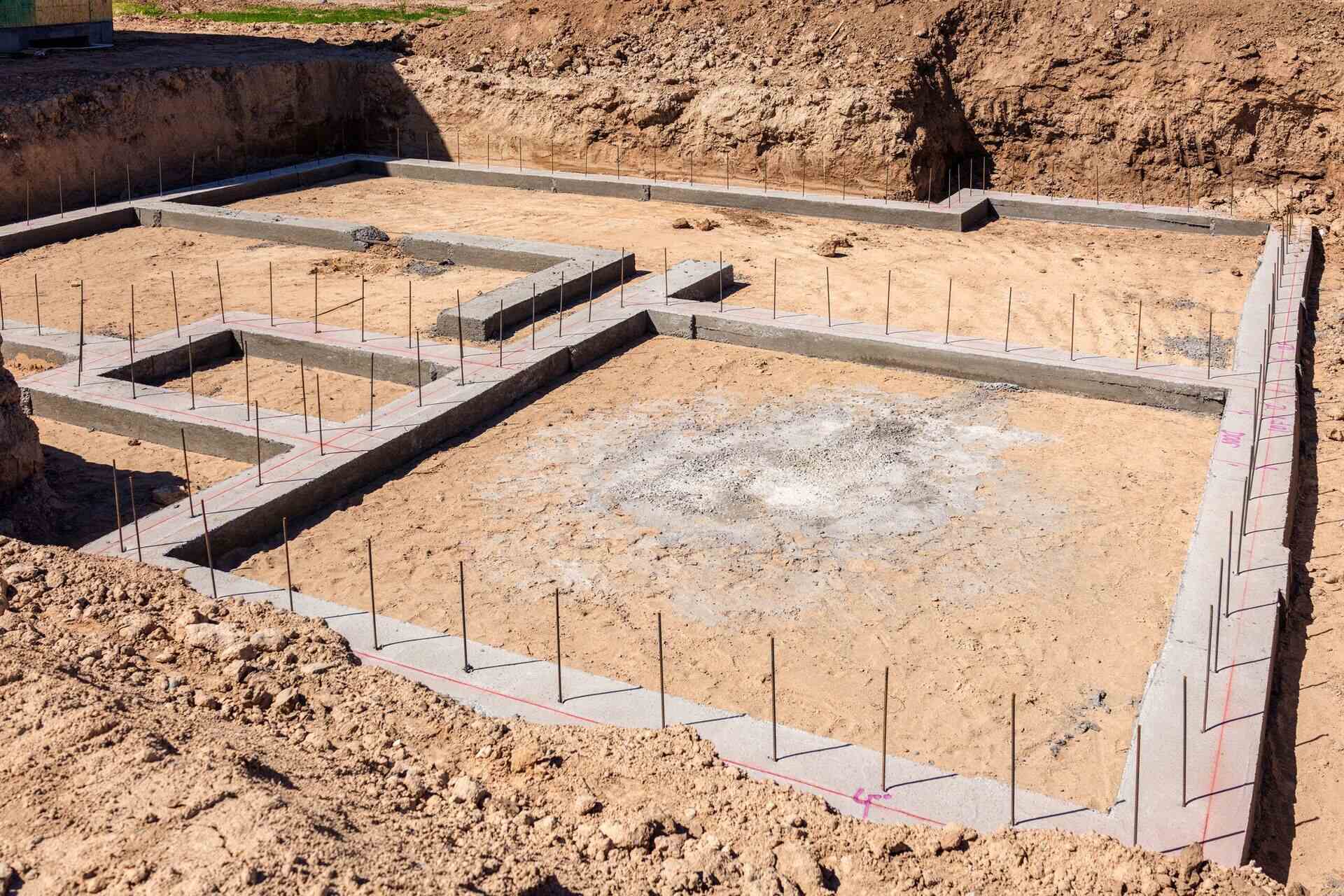
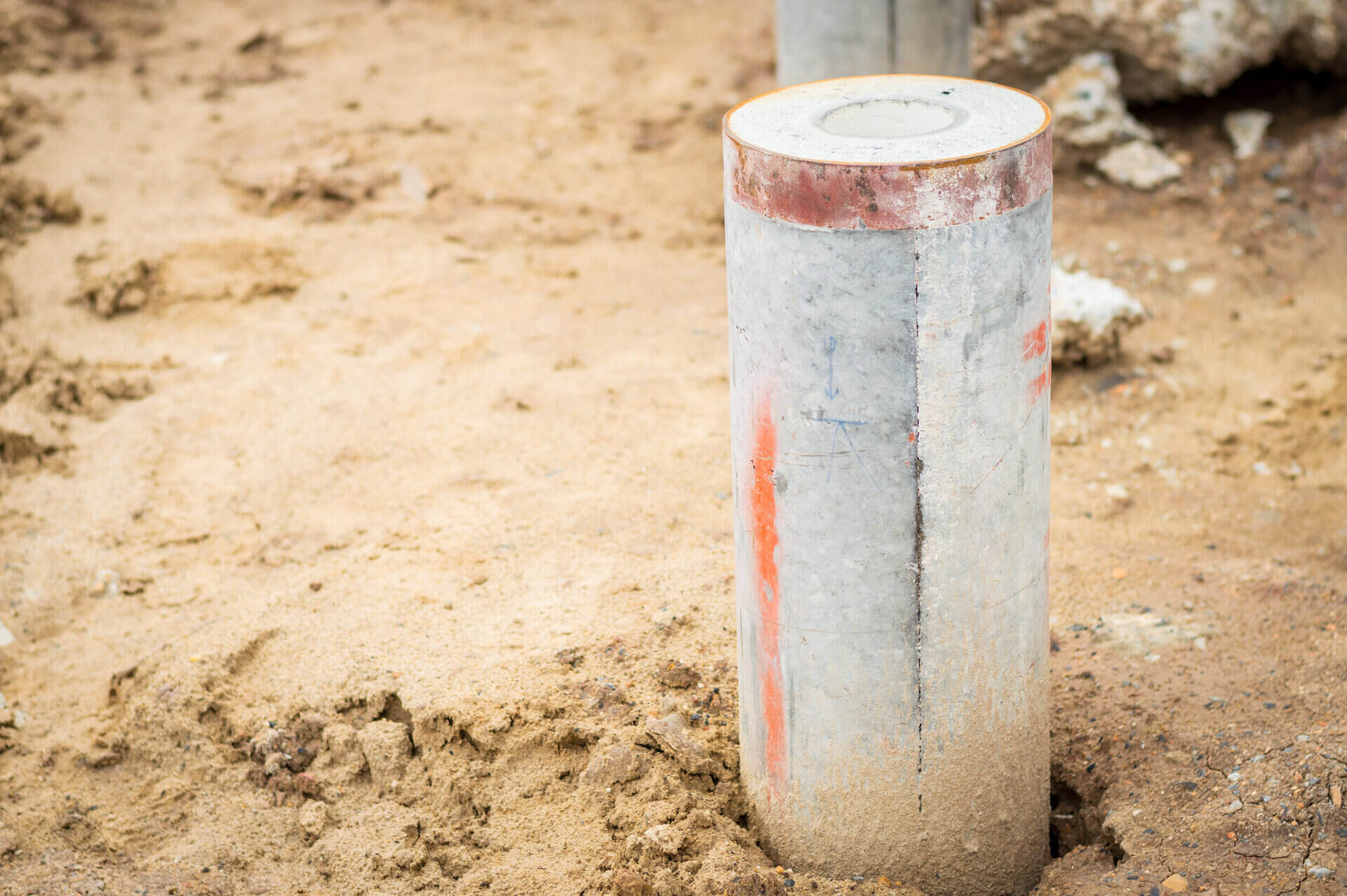

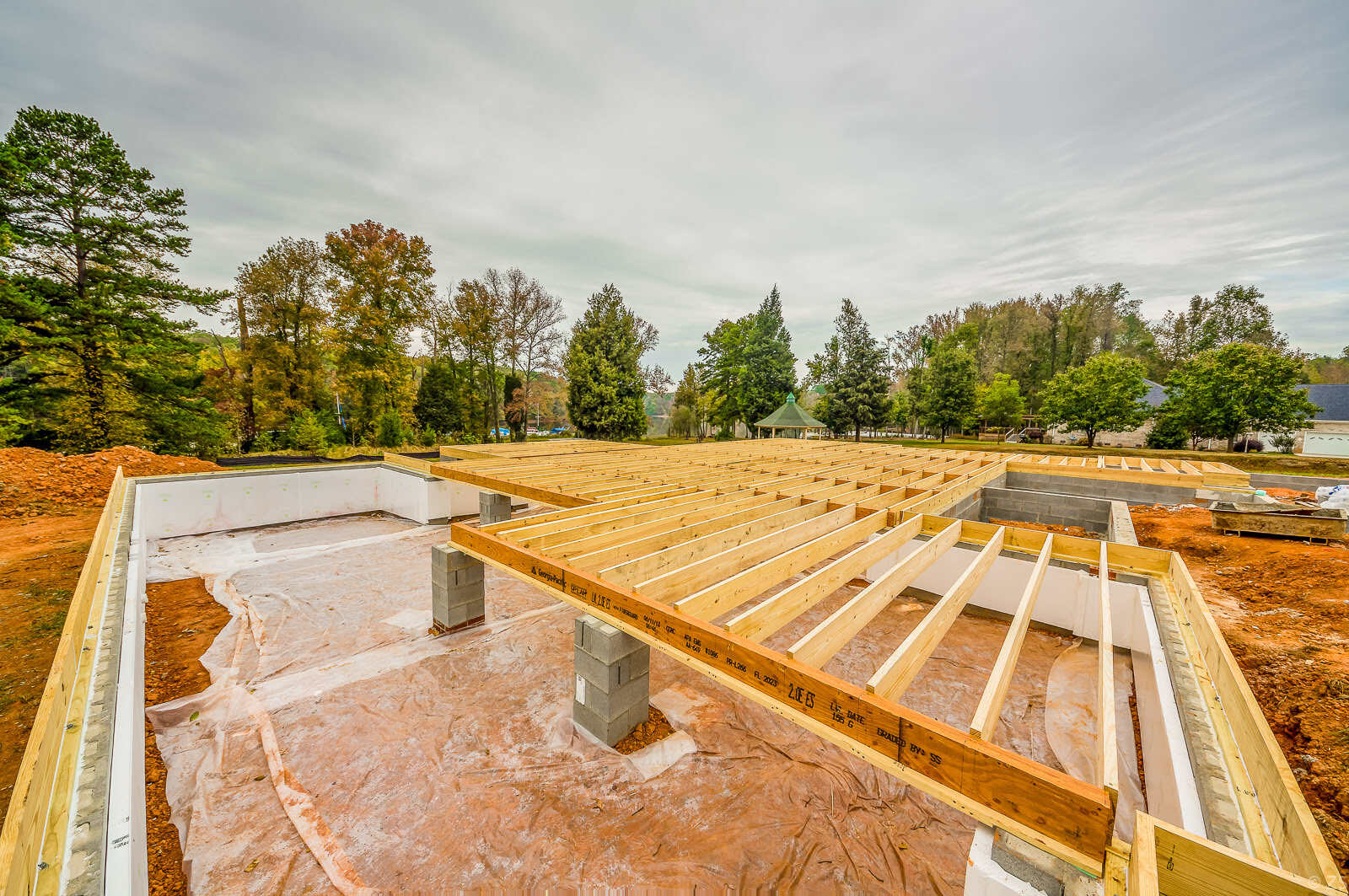
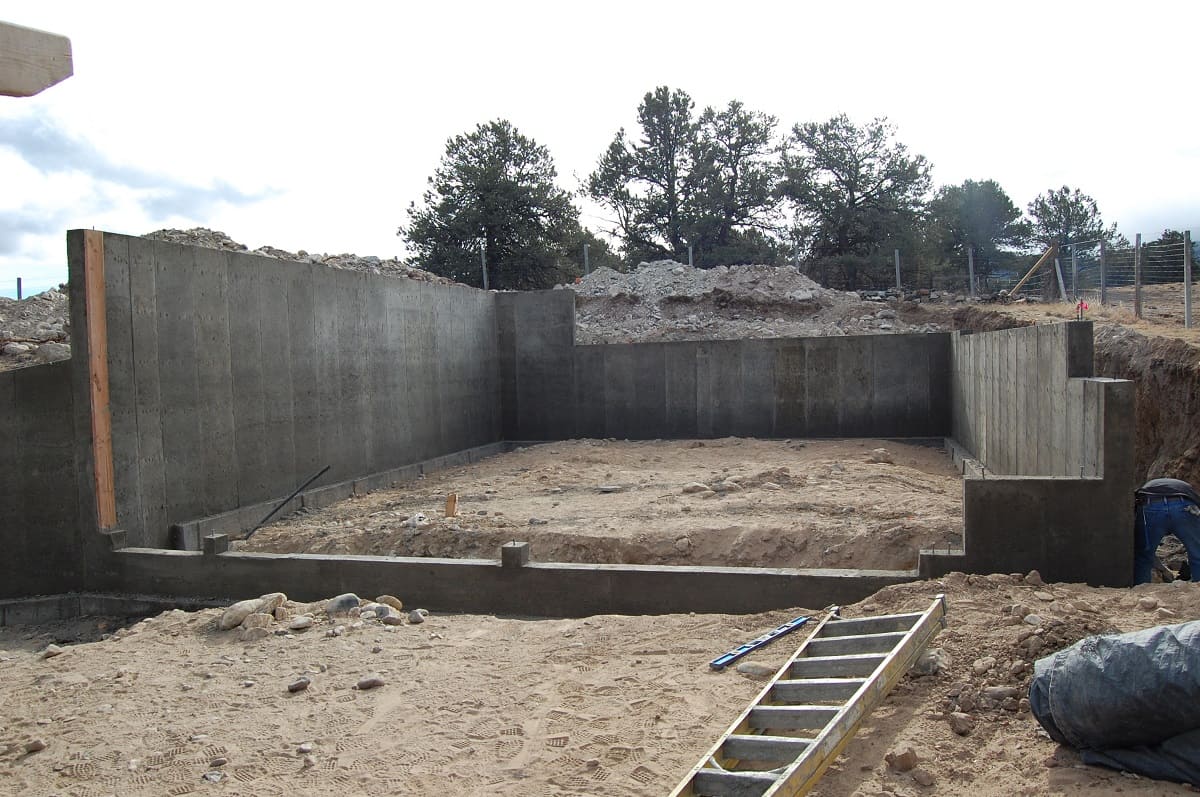
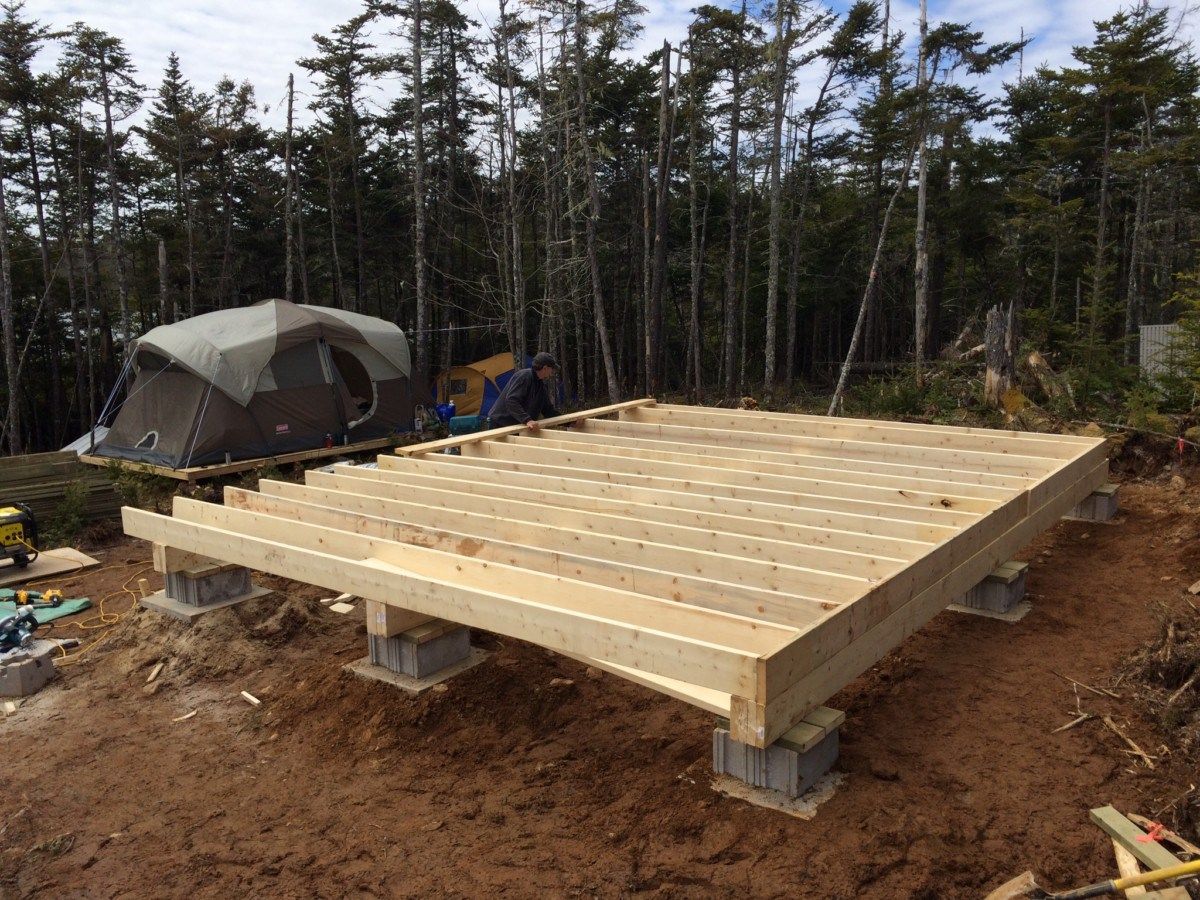
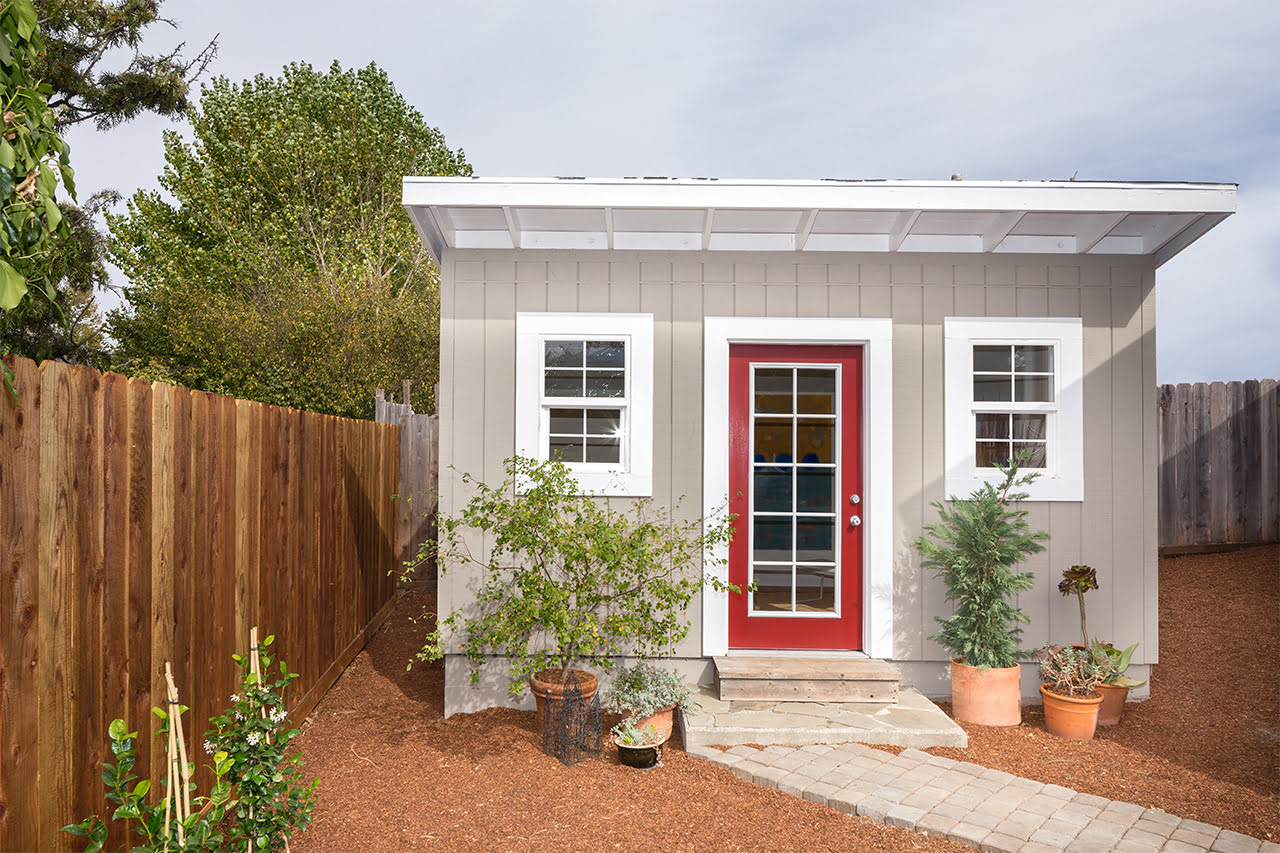

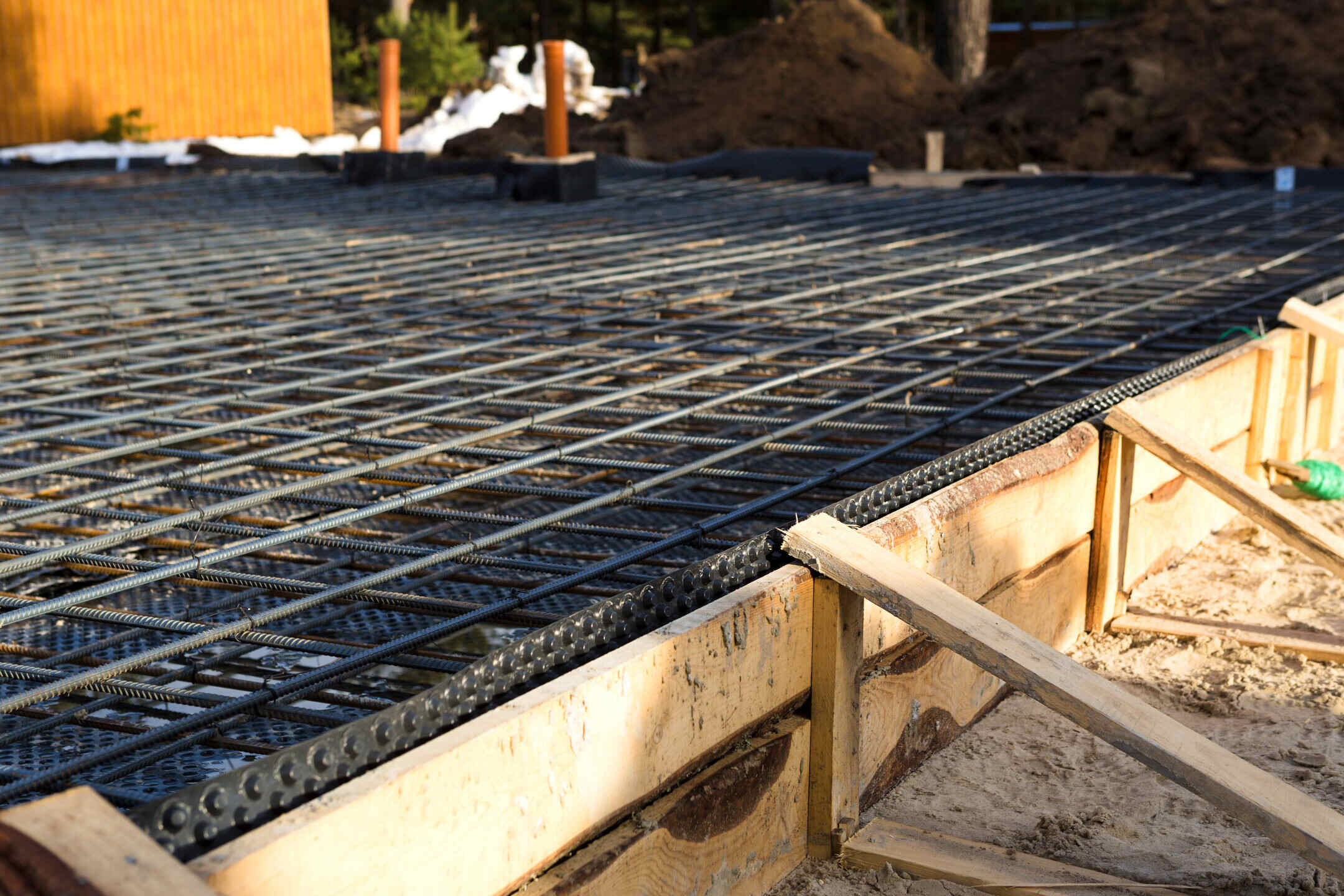
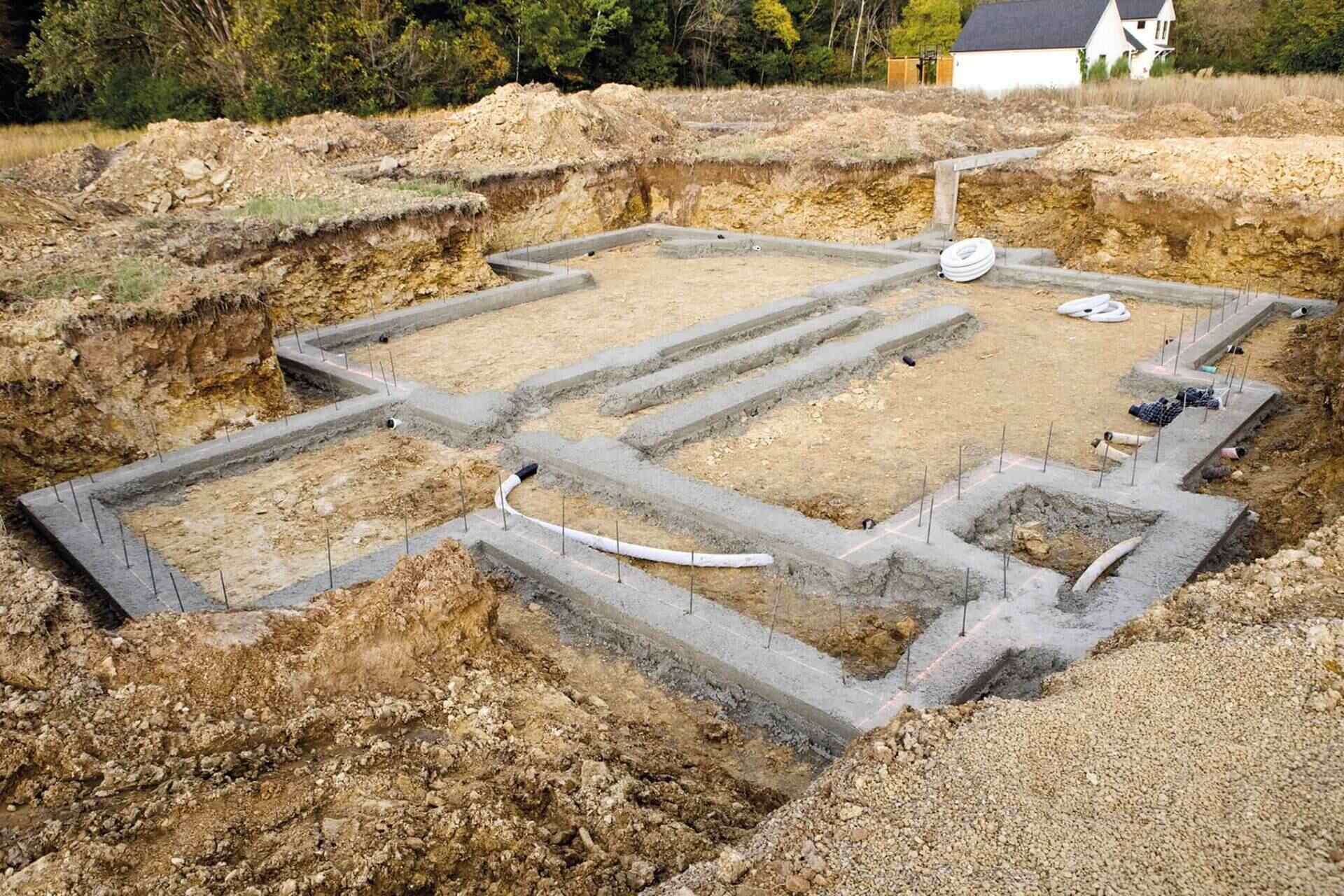
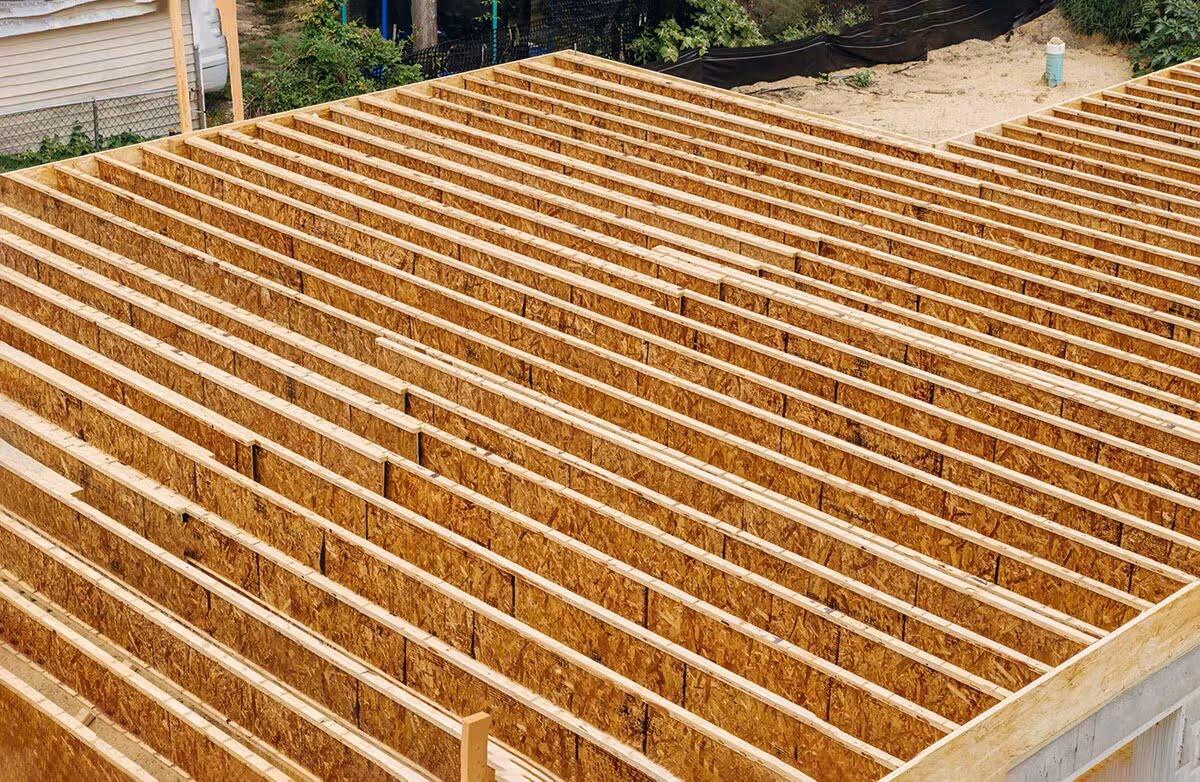
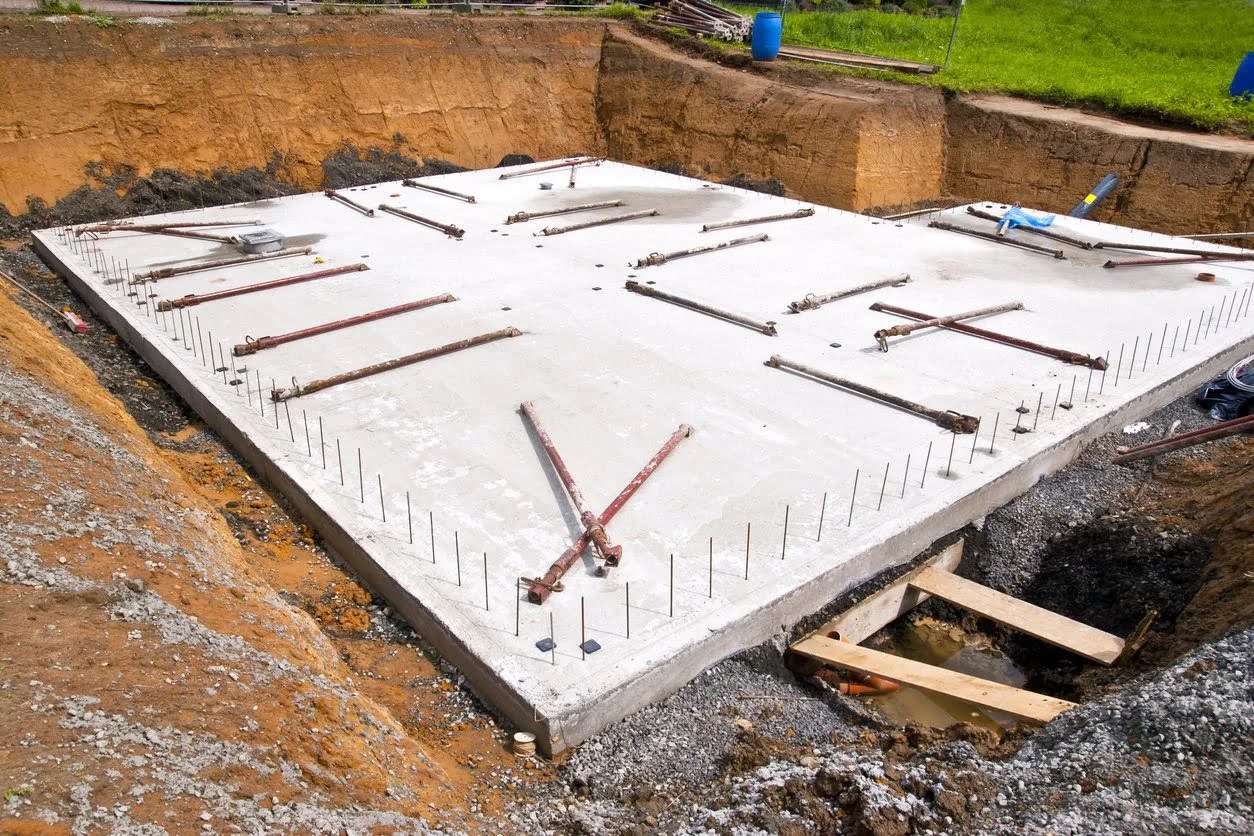
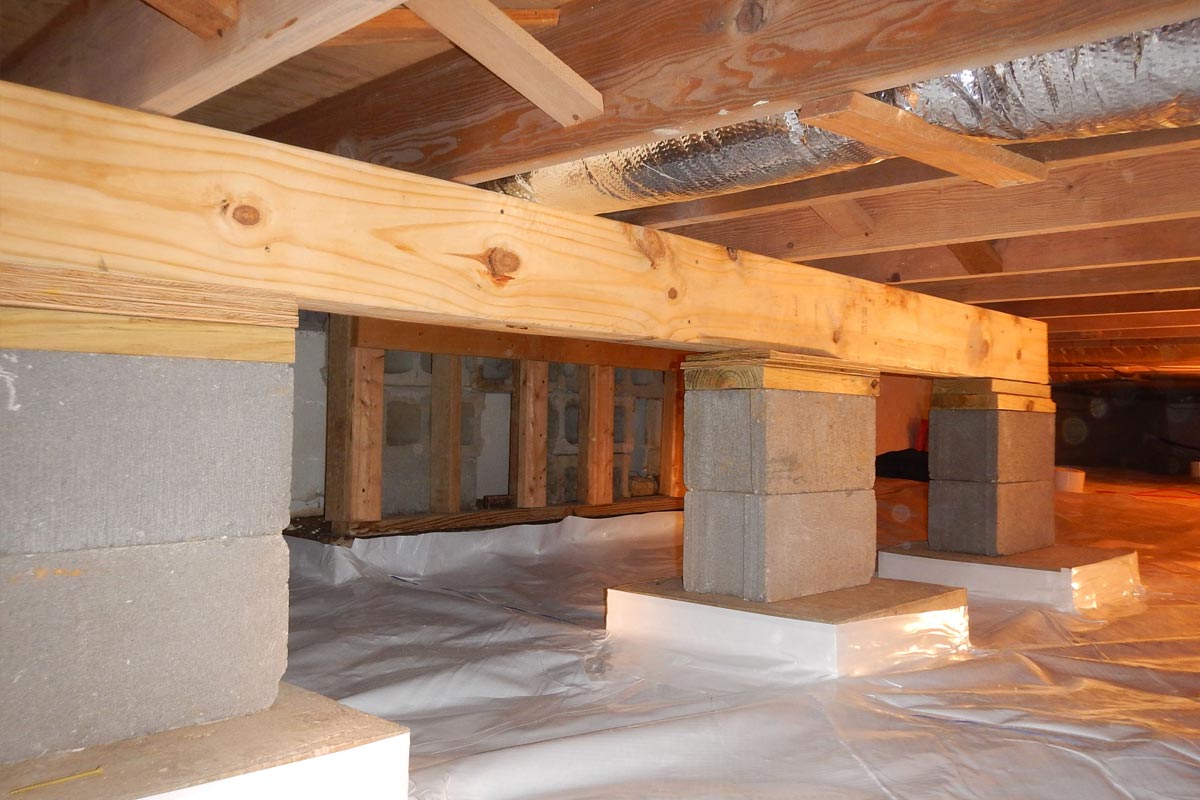
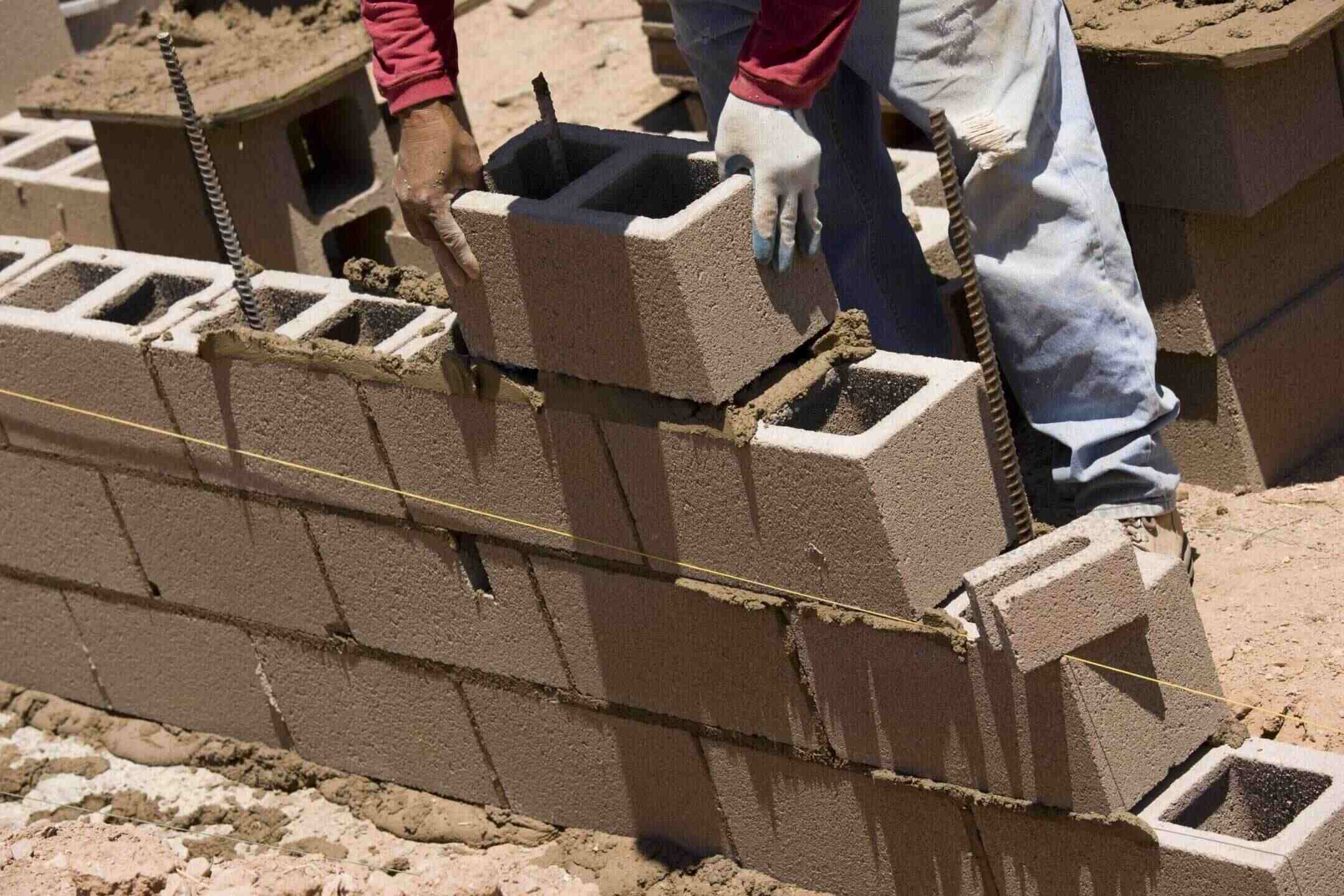

0 thoughts on “How Much To Build A Foundation”